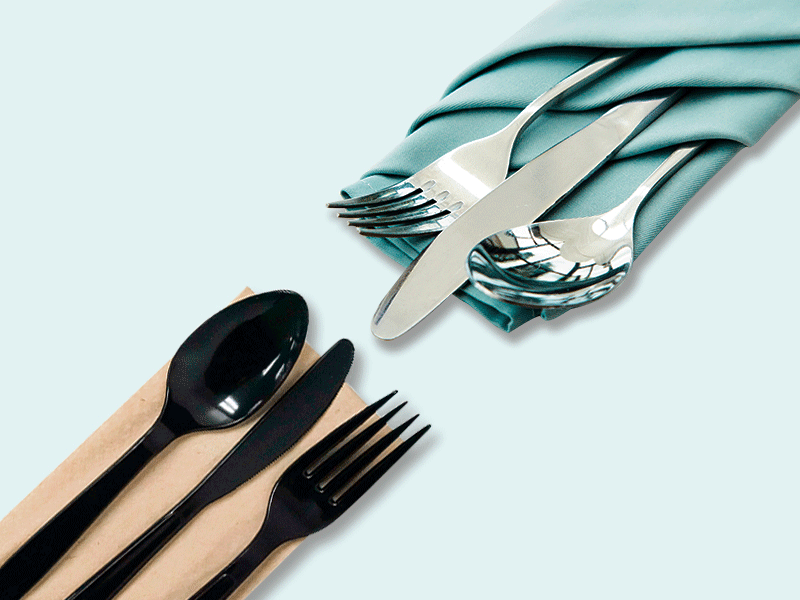Sixty years ago, Time magazine ran an article entitled “Jews & Alcohol,” which reported on a Yale University study showing that Jews seemed less likely to abuse alcohol than members of other groups.
One theory offered by a Yale sociology professor quoted in that 1958 report was that the Jewish emphasis on food is such that “compulsive eating is more likely to be selected as a means of alleviating psychic tensions (than) addictive drinking.”
The same sociologist also noted that religious Jews seemed more at risk of abusing alcohol when they became “exposed to strong gentile influence.”
This may be true in general, but when the yuletide season arrives, I suspect that gentile influence operates in reverse: many Christmas-themed drinks are so off-putting that they actively discourage me from getting soused.
Spiked eggnog, in particular, is extremely disgusting. So is the “hot toddy” and all the mulled-wine variants that gentile families haul out in December. The timeless dignity of the vodka tonic is abandoned in favour of concoctions that look and smell like reindeer cough syrup.
READ: ALCOHOLISM: A PROBLEM WE CAN’T IGNORE
Alcoholism is a serious disease, and our faith community is not immune from its ravages. In 2017, two Toronto Jews whom I have known for many years came out to me as recovering alcoholics. It was brave of them to tell me their stories, and I wish them every success for an abstemious 2018.
In the WASP world, one of the reasons why many alcoholics have difficulty confronting their disease is that their domestic, social and even professional rituals have become saturated with booze – so they can’t disengage from the bottle without disengaging from peers. In old-school Toronto circles, I’ve learned, it is still seen as acceptable for professionals to become campus-beer-bash hammered in front of their colleagues at office Christmas parties. The sins of the WASP collective abet the sins of its members.
But in the Jewish sphere, things are more complicated, because public alcohol consumption tends to be stigmatized – even during the holidays. At my aunt Anne’s last Chanukah party, the “bar” (such as it was) provided a representative vignette: for a group of 30 guests, she had set out exactly four wine bottles and a single lonely bottle of vodka (which remained untouched).
My maternal grandfather, an immigrant from Poland, managed his stress with too many daily cocktails. And my mother and her sisters have been known to heartily revisit 1960s-era show tunes after a second glass of Manischewitz. But they always impressed on me the idea that flat-out drunkenness is always disgraceful.
“The gentile will do something stupid at a party and his friends will say, ‘Oh, it’s OK, the man was drunk,’ ” is how one of my relatives once put it. “But the Jew, ah, if he does something awful, his friends will say, ‘Oh, and what’s worse … he was drunk, too. Double shandeh!”
Fifteen years ago, researchers discovered that some Ashkenazi Jews have a genetic defect that makes them suffer discomfort when they drink alcohol. I believe that I’m a carrier, because I get itchy when I drink. But I see this as a blessing as much a curse, since the spectre of dermatitis helps keep me sober.
Recently, in fact, my (gentile) wife complained that I need to loosen up a little bit at parties. So I now keep a pack of Benadryl with me and pop half a pill with my alcohol-spiked cream soda or root beer. (The sugar helps with the itch, for some reason.)
For convenience, I sometimes even throw the medication into the drink itself (something no doctor would recommend, by the way). To the outside world, it appears like I am slipping myself a roofie. And curious observers have said as much. But given the genetic and cultural factors at play, “Jewfie” is the more accurate term.









